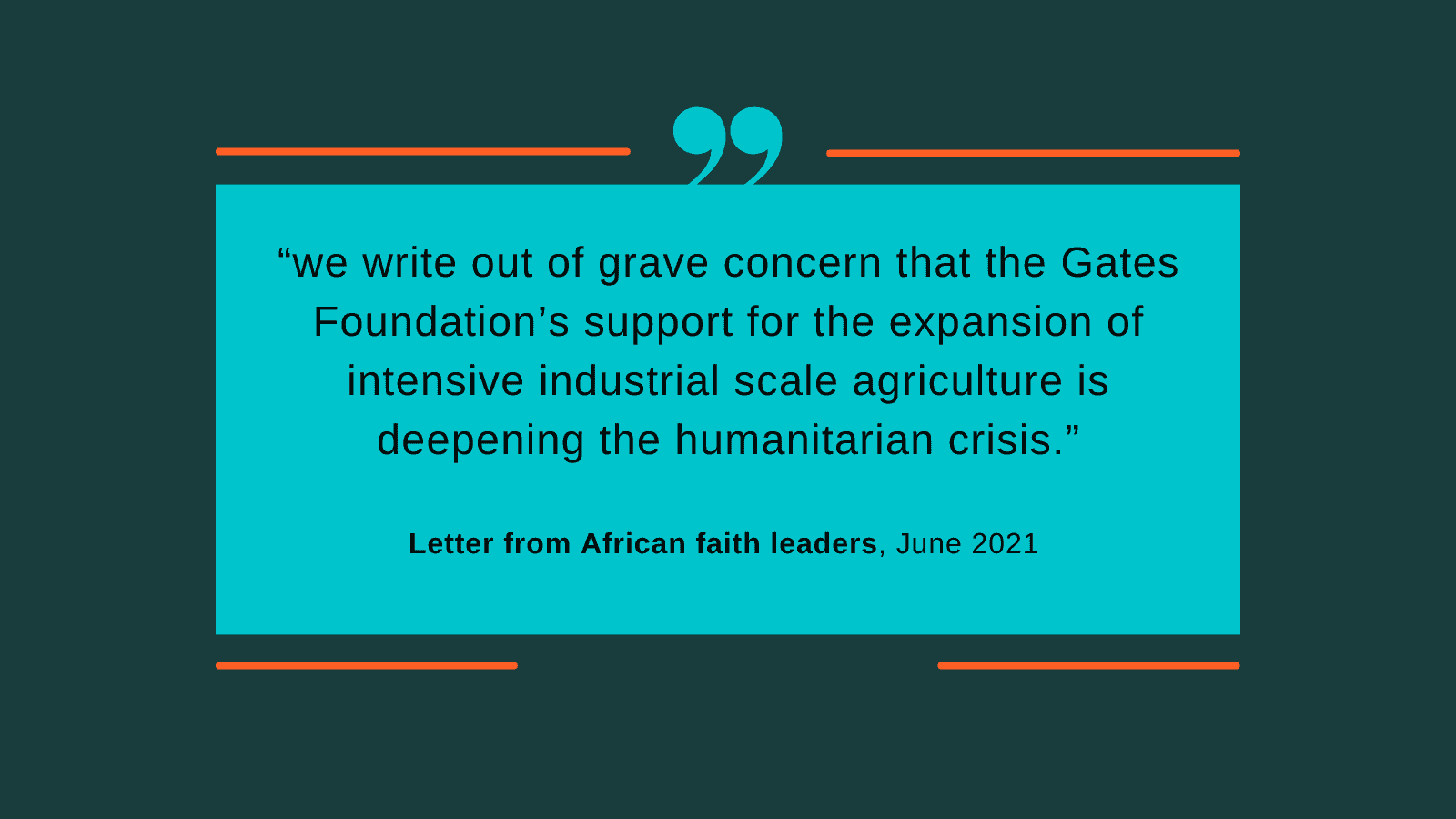Well.. i hope they use the money better than he has over the years... he strangley kept profiteering accidentally of things.. and picking useless and dodgy partners ... hopefully the money is better spent..........
Because yikes. Talk about the wrong results. Some people are just unlucky and keep making profitable mistake after profitable mistake. Poor bastard.
Question for written answer E-002940/2022 to the Commission Rule 138 Virginie Joron (ID)

www.europarl.europa.eu
According to Professor Renaud Piarroux, a world expert on cholera, Bill Gates owns cholera vaccine factories in South Korea. For its part, the Bill & Melinda Gates Foundation reportedly organised a vaccination campaign in Haiti as the cholera epidemic was coming to an end.
This large-scale trial of the single-dose vaccine, supported by a contribution of EUR 10 million, was organised using bogus publications and modelling without clarifying that cholera had disappeared in Haiti two years earlier. The aim seems to have been to gain support and create a market for the cholera vaccine
Fact sheet on the Gates Foundation links to resources from African groups, researchers, food security experts describing Bill Gates problematic interventions in African food systems.
usrtk.org
The Gates Foundation is a major influencer and funder of agricultural development in Africa, yet there are no avenues to hold the foundation accountable to the communities it influences. Gates Foundation is the main funder of the controversial AGRA program (formerly the Alliance for a Green Revolution in Africa).
AGRA rebranded after evidence-based
critiques showed that its 15-year effort to expand high-input, chemical-dependent monoculture farming in Africa has failed to provide food security, despite billions in funding from private donors and government subsidies. Critics say the “green revolution” approach is exacerbating hunger, worsening inequality and entrenching the power of outside corporate agribusiness interests in the hungriest regions of the world
In early March, the Bill and Melinda Gates Foundation granted
Zoetis Inc, the world's largest producer of medicine and vaccinations for pets and livestock, $15.3 million to further develop and integrate innovative solutions to advance veterinary care and diagnostic services that will ultimately improve livestock health and productivity in Sub-Saharan Africa.
[ fun fact zoetis inc was initially the animal health unit of pfizer . Untill becoming a seperate business. ] also replicating the massive lawsuits for bad practises and medications ]
The Gates Foundation is primarily known for its public health investments, but has also made major inroads into agriculture. In Africa much of this work extends through the Nairobi-based AGRA (previously known as the Alliance for a Green Revolution in Africa). The Gates Foundation is a cofounder and the largest donor to AGRA. Other large donors include the UK and US governments.
Under a basket of policies dubbed the “green revolution,” AGRA, the Gates Foundation, and likeminded institutions have sought to substantially increase the use of synthetic fertilizers, pesticides, and commercial seeds in Africa. This has centered on developing new seeds and a network of sellers. The aim has been to dramatically increase agricultural output, in order to reduce hunger and elevate farmer incomes.
But by AGRA’s own admission, it
failed in its goal to double crop yields and incomes for 30 million farmers by 2020. In fact, some critics argue, AGRA has made things worse.
- While AGRA has promoted the use of improved inputs, studies have shown that these interventions have not always translated into higher incomes for farmers. In some cases, farmers have taken on debt to purchase these inputs, and have been unable to repay it when crop prices have fallen.
- Environmental degradation:
AGRA's focus on chemical-intensive agriculture has contributed to soil degradation and the pollution of water resources, as well as the displacement of traditional, climate-resistant crops.
According to an
external assessment by Timothy A. Wise of Tufts University, severe hunger in AGRA countries increased by 30% between AGRA’s founding and 2018. Crop yield increases have been modest, and where they exist, they haven’t always been enough to cover the higher cost of farming with commercial seeds and agricultural inputs. Dependence on fertilizer has increased the debt and financial precarity of the small farmers who make up the majority of farmers in Africa. In some cases the limited yield increases have also been temporary, as soil fertility has diminished due to monoculture farming and fertilizer use. For instance, Ethiopian farmers “will say that the soil is corrupted, meaning it cannot produce food” without synthetic fertilizer, reports Million Belay of the Alliance for Food Sovereignty in Africa (AFSA). ..
. The Gates Foundation Trust also holds investments in the broader agricultural sector, including agribusiness giants like
Monsanto,
Bill Gates, through the
Gates Foundation, has collaborated with Nestlé on several initiatives related to improving dairy farming practices and addressing global health challenges, particularly in developing countries.
How the fuck does he keep failing and dealing with some of the most heinous corporations.... expecially when talking african exploitation.. look into how many they killed with bullshiting about formula.
strangely the same thing as with synth fertaliser. Get the baby / plant hooked. Without it no survival. U need our formula no ifs or buts. Ditto fertaliser.. strange
Nestlé’s entry into low- and middle-income formula markets caused about 212,000 infant deaths per year among mothers without clean water access at the peak of the Nestlé controversy in 1981
Nestlé, a multinational food and beverage company, has faced numerous controversies and scandals in Africa, particularly regarding its cocoa production and marketing practices. One major issue is the widespread use of child labor in West African cocoa plantations, where Nestlé sources cocoa. This includes child trafficking and forced labor, with children being subjected to dangerous working conditions and exploitation.
- Nestlé has faced accusations of excessive water extraction from natural sources, particularly in drought-stricken areas and indigenous communities, leading to environmental degradation and water scarcity.
- Environmental Issues:
Nestlé has been criticized for deforestation, palm oil sourcing, and its impact on ecosystems, including rainforests.

